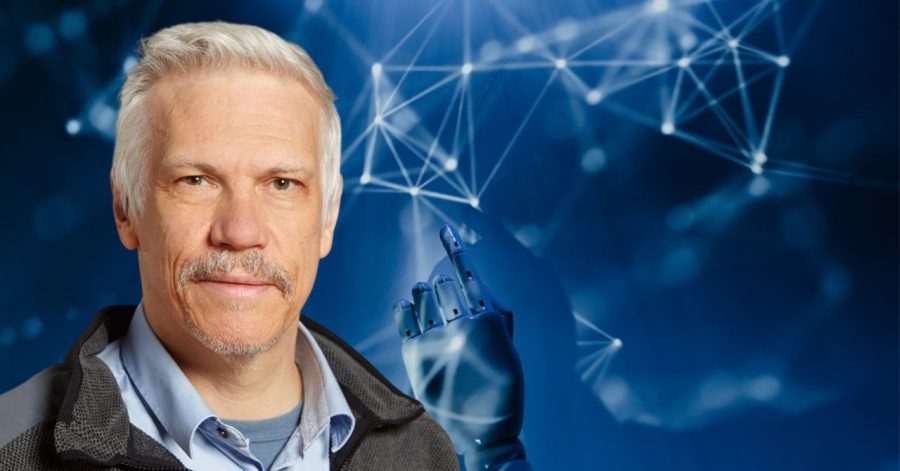World-renowned scientist in the field of machine learning and computer vision Prof. Luc Van Gool has joined the Institute for Computer Science, Artificial Intelligence and Technology (INSAIT) as a faculty member in Sofia. Van Gool’s arrival will help strengthen INSAIT as a world-class destination for machine learning and computer vision research.
As one of the world’s most cited scientists in computer science, with over 160,000 citations, the motivation of Luc Van Gool to join INSAIT is in line with helping the region keep its young minds working in these areas.
“I very much support the idea of building critical mass at an AI research center in Eastern Europe. There is too much talent in the region to let go to waste. This of course does not happen completely, but still too many young people feel urged to leave their country and work abroad. The creation of a research hub like INSAIT can be the starting shot to change that,” Luc Van Gool tells The Recursive.
Building a core of startups and industrial R&D labs
As the Swiss scientist himself puts it, it’s high time to turn a longstanding brain drain into an invigorating brain gain, and to also realize all of the high hopes that the region has for deep learning.
With that being said, INSAIT can be the pivotal initiative around which the core of startups and industrial R&D labs builds itself.
“I believe chances to create successful startups are high. Not only does local talent abound, but we also strive for a center that attracts people internationally. The low living costs and taxation levels make Bulgaria a pole of attraction for digital nomads. As a matter of fact, I believe it already is, but INSAIT can reinforce this. As to products, the market will almost without exception be international. In that sense, it is not so crucial where a startup is based,” Van Gool says in an interview with The Recursive.
Van Gool’s research has been recognized with many prestigious awards, including the David Marr Prize, the Koenderink Award, the Helava Prize, the Tsuji Award and an ERC Advanced Grant. Furthermore, he has also cofounded 12 startup companies (assaia, Endosat, eSaturnus, Eyetronics, Fashwell, GeoAutomation, kooaba, Parquery, Procedural, segments.ai, Sensifai, upicto).
New milestone for developing tech and scientific ecosystems in Eastern Europe
According to INSAIT’s architect and chair of its Supervisory Board, Prof. Martin Vechev, attracting a computer scientist of this rank is an unprecedented event in Eastern Europe and marks a new page in the development of the tech and scientific ecosystems in the region.
“With Prof. Luc Van Gool, INSAIT becomes a world-recognized destination for computer vision and machine learning research with the potential to generate a massive domino effect – from attracting top local and international students and faculty, to creating deep-tech startups, to facilitating a more favorable environment for high-tech investments, and beyond. It is incredibly exciting!”, Vechev said in a statement.
Prof. Van Gool joins INSAIT thanks to the financial support provided by Bulgarian IT company SiteGround, as a part of its total investment of €6M for the development of the institute.
“Hosting an institute like INSAIT and attracting world-class professors like Luc Van Gool is a huge step forward for Bulgaria, for our society and overall ecosystem. This is a chance not only to get on the world map, but also to be the driving force for the next technological revolution”, said Ivo Tsenov, co-founder of SiteGround.
Last month, the institute also announced its AI PhD program with advisers from ETH, EPFL, MIT, CMU, and Yale.
Launched in April, INSAIT is financed by the Bulgarian government with an amount of $100 million over 10 years and is supported with $15 million by Amazon Web Services, Google, DeepMind, and SiteGround.








